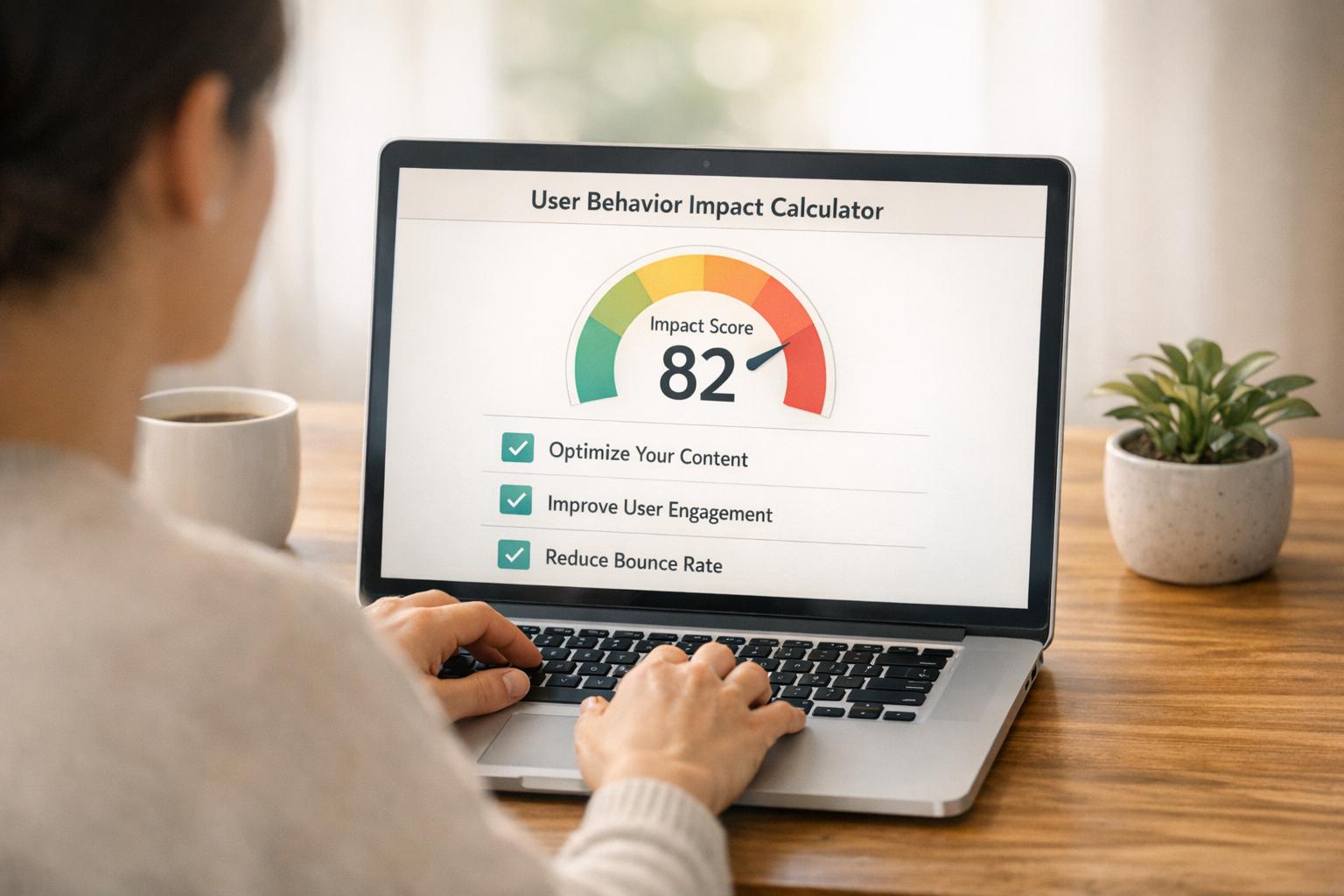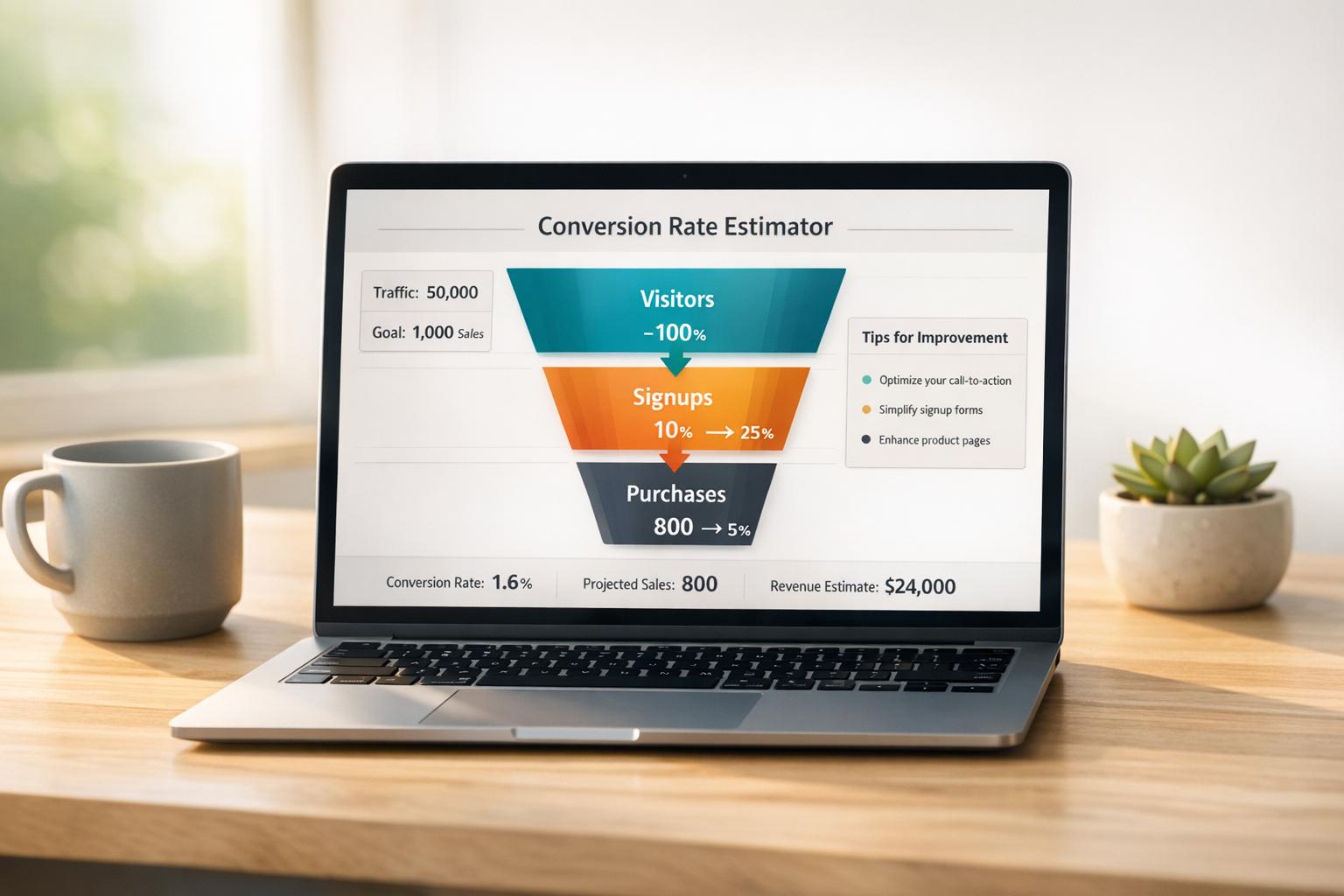

Short and Long Tail Keywords: The Perfect SEO Pairing

Short and Long Tail Keywords: The Perfect SEO Pairing
 13-03-2025 (Last modified: 21-05-2025)
13-03-2025 (Last modified: 21-05-2025)
When it comes to SEO and digital marketing, choosing the right keywords is the foundation of success. But not all keywords are the same… Some businesses go after short tail keywords, while others focus on long tail keywords – but which one is better? More importantly, which one should you use?
In this post, we’ll break down the differences between short and long tail keywords, their advantages and disadvantages, and how you can strategically use both to improve your search engine rankings, traffic, and conversions.

What Are Short and Long Tail Keywords?
Let’s start with the basics.
Short Tail Keywords
Short tail keywords are broad, generic search terms that usually consist of one to two words.
Here’s a few examples: “running shoes”, “SEO tools”, “best pizza”
Long Tail Keywords
Long tail keywords are longer, more specific search phrases (usually three words or more) that narrow down user intent.
Here’s a few examples: “best running shoes for flat feet”, “free SEO tools for small businesses”, “best gluten-free pizza in New York”
The main difference? Short tail keywords bring in more traffic but face intense competition, while long tail keywords attract fewer visitors but bring higher-quality leads.
Short Tail Keywords: Pros & Cons
Advantages of Short Tail Keywords
- High Search Volume – These keywords get a ton of searches, meaning more traffic potential.
- Brand Awareness – Ranking for broad terms can get your business in front of more eyes.
- Competitive Edge – If you’re a big brand, short tail keywords help maintain dominance in search results.
Disadvantages of Short Tail Keywords
- High Competition – If you’re a small business, good luck ranking against industry giants.
- Lower Conversion Rates – Users searching for broad terms may not be ready to buy or take action.
- Expensive for PPC – If you’re running ads, short tail keywords cost more per click due to high competition.
Example: If you sell fitness gear, trying to rank for “running shoes” means competing with Nike, Adidas, and New Balance – that’s some tough competition!

Long Tail Keywords: Pros & Cons
Advantages of Long Tail Keywords
- Lower Competition – Easier to rank for, especially for smaller businesses.
- Higher Conversion Rates – Users searching for long tail keywords usually have specific intent (buying, learning, or comparing products).
- Better Targeting – You attract visitors who actually need what you offer.
- Great for Voice Search – People tend to use long tail queries in voice searches (e.g., “What’s the best laptop for video editing under $1000?”).
Disadvantages of Long Tail Keywords
- Lower Search Volume – Fewer people search for long tail keywords compared to broad terms.
- Requires More Content – To rank for multiple long tail keywords, you need more targeted content.
Example: Ranking for “best waterproof hiking boots for women in winter” might not bring millions of visitors, but it will attract buyers ready to make a purchase.
Short vs. Long Tail Keywords: A Direct Comparison
| Factor | Short Tail Keywords | Long Tail Keywords |
|---|---|---|
| Search Volume | High | Low to Medium |
| Competition | High | Low |
| Conversion Rate | Low | High |
| Cost per Click | Expensive | Cheaper |
| Intent | Broad | Specific |
| Ranking Difficulty | Hard | Easier |
When to Use Short and Long Tail Keywords
A strong SEO strategy doesn’t rely on just one type of keyword—it’s about balance. Here’s how to use both short and long tail keywords effectively.
Use Short Tail Keywords When:
- Building Brand Awareness – Helps get your business name out there.
- You Have a Big Budget – If you can afford high PPC costs, short tail keywords can bring traffic.
- You Have Strong Domain Authority – If your website is already established, short tail keywords can help maintain dominance.
Use Long Tail Keywords When:
- Targeting a Specific Audience – Helps attract the right visitors.
- Boosting Conversions – Great for product pages and services.
- Ranking Faster – If you’re a new website, long tail keywords are easier to rank for.
- Optimizing for Voice Search – Matches natural, conversational queries.
Example: If you sell laptops, using “laptops” as a keyword is too broad. Instead, target “best gaming laptops under $1500” for better engagement and conversions.
How to Find the Best Keywords
Whether you’re focusing on short or long tail keywords, the key is finding the right ones for your strategy.
1. Use Keyword Research Tools
- Google Keyword Planner – Helps find search volume and competition levels.
- Ahrefs / SEMrush – Provides insights into keyword difficulty and search intent.
- AnswerThePublic – Shows long tail keyword variations based on real search queries.
- Ubersuggest – Helps generate keyword ideas based on competitor analysis.
2. Check Google’s “People Also Ask” Section
Google gives free keyword ideas under search results—use them!
3. Analyze Competitor Keywords
Look at what your top-ranking competitors are using and identify gaps.
Our Tip: If you want quick wins, go after long tail keywords first while building authority for short tail keywords over time.
Final Thoughts: Finding the Right Balance
Choosing between short and long tail keywords isn’t about picking one over the other—it’s about using both strategically.
A quick recap:
- Short tail keywords drive brand awareness but are competitive and costly.
- Long tail keywords bring high-intent traffic with better conversions but lower search volume.
- A balanced approach helps build authority while targeting high-converting searches.
If you’re just starting, focus on long tail keywords to rank faster and attract the right audience. As your site grows, start incorporating short tail keywords into your strategy for broader reach.
Looking for more ways to optimize your SEO? Check out our Content SEO Best Practices for expert strategies!
Short vs. Long Tail Keywords – FAQ
What is the difference between short and long tail keywords?
Short tail keywords are broad search terms (1–2 words) with high search volume and competition. Long tail keywords are more specific phrases (3+ words) that target niche search intent and are easier to rank for.
Which is better for SEO: short or long tail keywords?
Neither is better universally—it depends on your strategy. Long tail keywords are better for targeting specific audiences and conversions, while short tail keywords help with brand visibility and broader traffic.
Why do long tail keywords convert better?
Because they align with specific search intent. Users typing longer queries often know exactly what they want, making them more likely to take action or make a purchase.
Should I use both short and long tail keywords?
Yes! A balanced SEO strategy uses both—long tail keywords for quick wins and high conversion, and short tail keywords to build long-term authority and visibility.
How can I find long tail keywords?
Use tools like Google Autocomplete, AnswerThePublic, Ahrefs, or SEMrush. Also check “People Also Ask” on Google and analyze competitor content for inspiration.
say hello to easy Content Testing
try PageTest.AI tool for free
Start making the most of your websites traffic and optimize your content and CTAs.
Related Posts

 10-02-2026
10-02-2026
 Ian Naylor
Ian Naylor
User Behavior Impact Calculator
Discover how user behavior affects your site’s success with our free calculator. Get your impact score and tailored tips to boost performance!

 09-02-2026
09-02-2026
 Ian Naylor
Ian Naylor
Content Variation Idea Generator
Struggling with fresh content ideas? Use our Content Variation Idea Generator to brainstorm unique angles and formats tailored to your audience!

 07-02-2026
07-02-2026
 Ian Naylor
Ian Naylor
Website Conversion Rate Estimator
Estimate your website’s conversion rate with our free tool! Input traffic and goals to get tailored insights and tips to improve your results.
